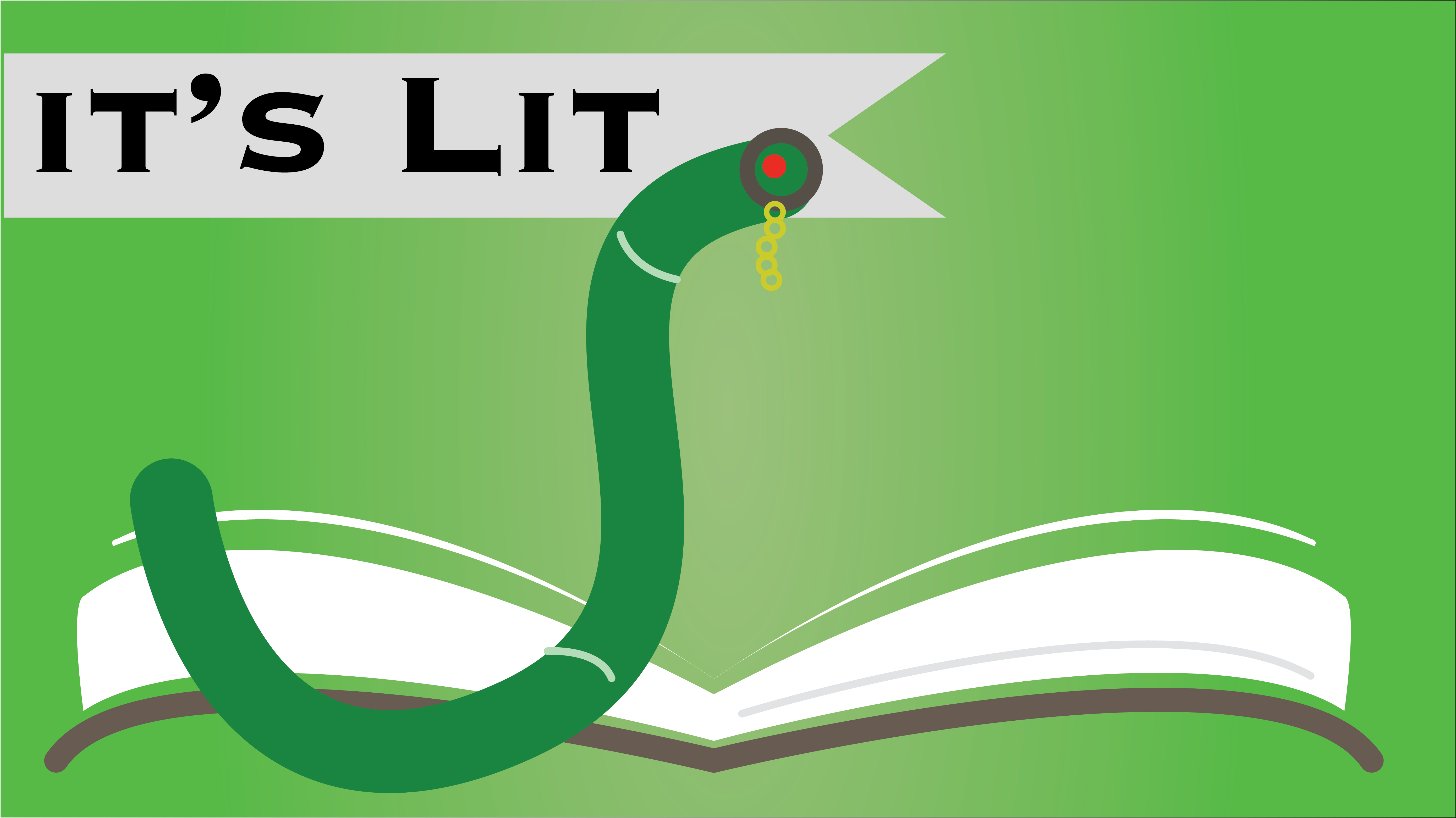
“Instapoets” are on the rise
By: Zac Soper, Columnist
We live in the age of social media. Instagram and Twitter influence us every day. It influences the individual, and the market, and even politics. It also influences literature, and it especially surrounds poetry. There has been the creation of “instapoets” through a growing community of writers utilizing social media as a means to post poetry on Instagram.
One of these writers labeled an Instapoet is Indy Yelich. Indy, along with her Instagram posts, published her own collection of poetry “Sticky Notes” in 2018.
This collection details Yelich’s young-adulthood in Los Angeles and New York and is separated into two parts, each one labeled after the city. Traveling between two major US cities all alone at a young age is sure to bring about boughs of self-discovery. And what would a poetry collection be without lines of love and loneliness?
Like most contemporary poetry, these pieces are written in free verse, meaning there is no set structure or rhyme scheme. Besides being split into two parts, there is no real structure at all. In poems, like “my sofa” there seems to be a sort of sonnet-like structure. There are 14 lines and an ending couplet, but rather than quatrains or octaves there are sestets. The poems like these show that Yelich is well versed in poetry and has read classic authors like Spenser and Shakespeare.
Then there are poems like “central park” which is three short lines that form one full sentence. This structure, or lack thereof, is more reminiscent of Rupi Kaur. This the author who most instapoets get compared to. She is often judged in the literary community because her free verse poetry is not heavy with figurative language.
Rupi Kaur was the first widely published of the Instapoets, and was immediately brought up by Yelich when she was asked if she thought insta-poetry was its own genre during an interview with Youtuber Ariel Bissett.
“I think Rupi Kaur is phenomenal…but she’s the only one that can sound like that,” said Yelich. “Now everyone else sounds like that.”
I think this is why Yelich combines her free verse blank poetry with more structured, sonnet-like pieces, so that she does not look like a copy of anybody. With this combination she can explore more ways of writing and ultimately become a better writer.
In this same interview, Bissett also asked why Yelich self-published rather than going the traditional route.
“I was so close to signing with a traditional publishing agency,” shared Yelich. “The thing is I don’t really think my followers cared who was publishing my book.”
Yelich considering her followers when publishing shows one of the many ways that social media, and instapoets especially, are influencing the publishing world.
I appreciate Yelich’s voice in the community, she is updating old forms of poetry and paving a new path for writers. Though she is young, that is not to say she is inexperienced. Sure her writing shows room for improvement but this is her debut publication and I’m excited to see what Yelich holds for the future of contemporary poetry.

